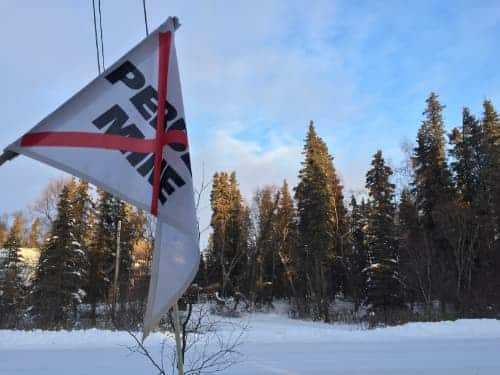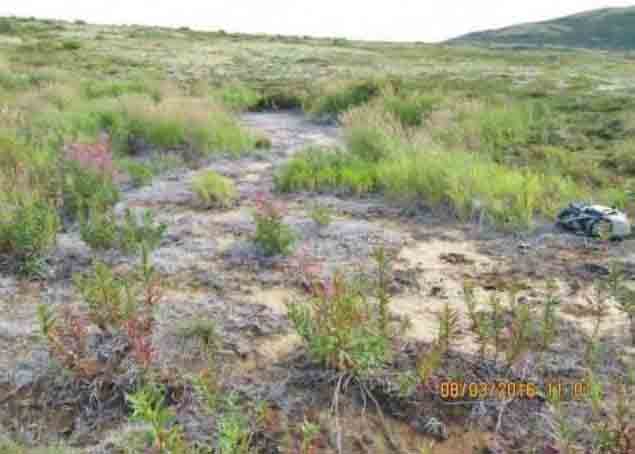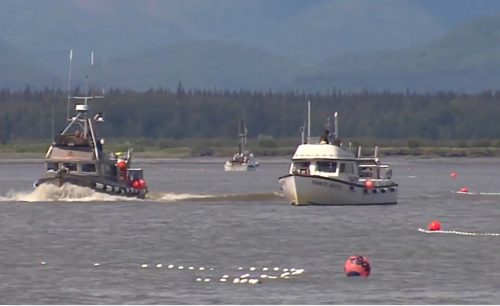WASHINGTON-As fall approaches and the Environmental Protection Agency continues to conduct its scientific analysis of the proposed Pebble Mine in the Bristol Bay watershed, Democratic Washington Senator intends to request that that agency use the Clean Water Act to bring Pebble Mine to a halt if need be.
This will put the two-term Washington Senator head to head with Republican Representative Don Young, who introduced H.R. 517, which is a bill amending the Clean Water Act to eliminate EPA’s authority to deny or restrict the use of disposal sites for dredged or fill material. The legislation was originally introduced in the 111th Congress as H.R. 5992.
The Clean Water Act authorizes the Army Corp of Engineers to issue permits for depositing dredged or fill material into an area designated as a disposal site. But, the Act also authorizes the Environmental Protection Agency to restrict, prohibit, deny or withdraw the use of an area as a disposal site if there will be unacceptable adverse effects on municipal water supplies, shellfish beds and fishery areas.
Senator Cantwell says thousands of Washington state residents have contacted her to express concern over what she says is “the potentially catastrophic and widespread long-term impacts” of the “world’s largest man-made excavation.” She also states in the letter that “Nearly a thousand Washingtonians hold commercial fishing permits in Bristol Bay, supporting thousands more fishery jobs in my state.”
Of using the Clean Water Act against the Pebble mine, Cantwell’s letter goes on to say, “Should scientists determine that pollution from a large-scale development in the Bristol Bay watershed could have unacceptable adverse impacts on water quality and the fish stocks that depend on it, I would support efforts to prohibit or appropriately restrict such activities.
At the time of his introduction of last year’s bill, Don Young released a statement saying, “The Corps of Engineers is a very efficient and effective engineering and management agency that is more than capable of making decisions regarding permitting without being second guessed by an agency that has no real interest in resource or infrastructure development, projects in Alaska have been shut down or delayed time and time again by the EPA…. These types of projects are important to the safe development of our natural resources and should not be bogged down in politics.” Young, at that time said that the bill was to streamline the permitting process by “removing a level of bureaucracy.”
The Environmental Protection Agency launched its review in response to EPA administrator Lisa Jackson’s visit with tribal leaders in July of 2010, where they urged her to invoke 404(c) of the Clean Water Act, as well as petitions submitted by commercial fishing groups, several Native organizations in Southwest Alaska, and other organizations opposed to the mine last year.
Two days after Lisa Jackson’s visit to Dillingham in July of last year, Don Young introduced the initial bill seeking to strip the EPA of its veto power.







